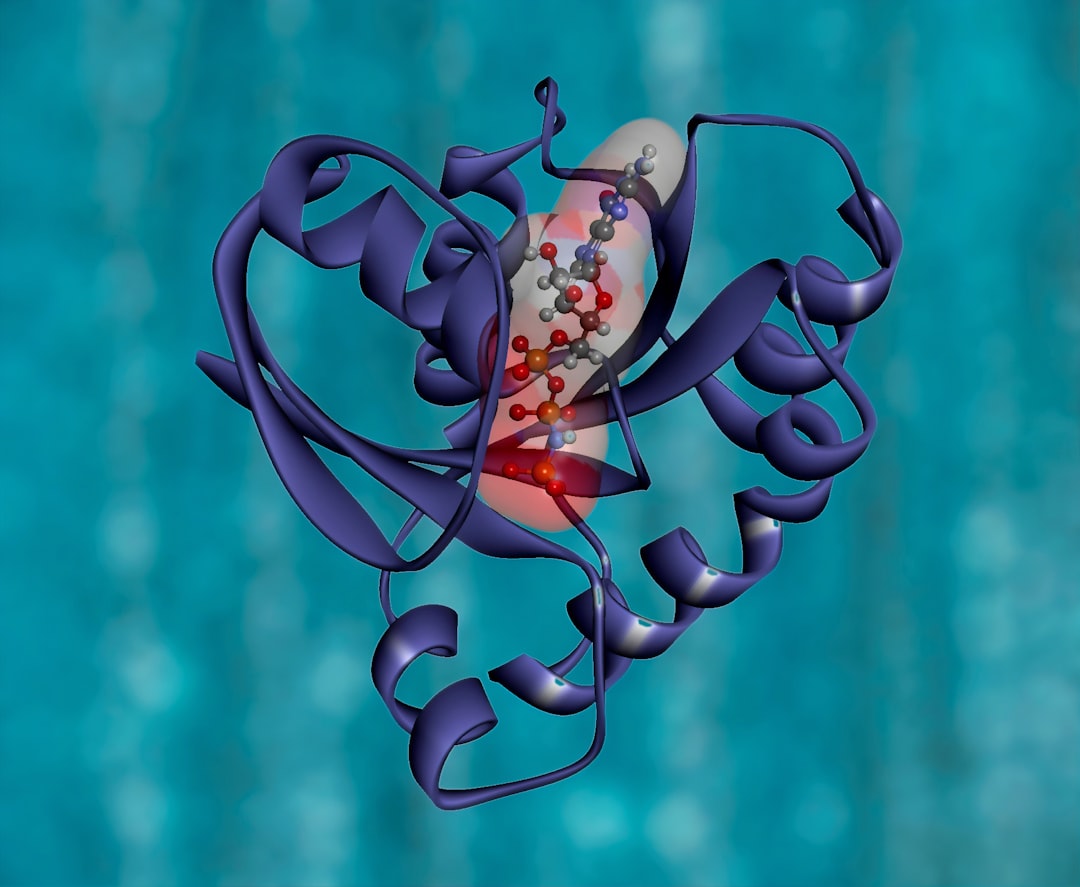What is it about?
The natural immune protective immunity against Alzheimer’s disease supports the vaccination approach to prevent/delay the onset of this disease. Yet, all of the vaccines tested have failed clinically, the result of using formulations that elicited a damaging inflammatory immunity or targeted the wrong therapeutic target. An effective preventive vaccine should mimic the natural protective immunity, which should be anti-inflammatory and directed against a conformational epitope to neutralize cytotoxicity. A family of new immune modulators acting at the dendritic cell level is described.
Featured Image
Why is it important?
Define the conditions needed to develop new effective vaccines to prevent Alzheimer's disease. The information is important because the current opinion is that vaccines are undoable, which is based on negative clinical results obtained with questionable vaccine formulations. Considering the epidemic of this disease and the high number of those affected, prevention seems to be the only practical approach, which requires new adjuvants and immunogens.
Perspectives
I hope that an open discussion of the past problems affecting Alzheimer's vaccine development, will stimulate new work in this area using new approaches and abandoning the old notions that have resulted only in endless disappointments. Considering that by year 2030, over 70% of this disease cases would occur in countries in development, vaccines are the only cost effective solution to this problem to prevent disease while protecting their social and economic integrity .
Dr Dante Marciani
Read the Original
This page is a summary of: A retrospective analysis of the Alzheimer's disease vaccine progress - The critical need for new development strategies, Journal of Neurochemistry, April 2016, Wiley,
DOI: 10.1111/jnc.13608.
You can read the full text:
Contributors
The following have contributed to this page










